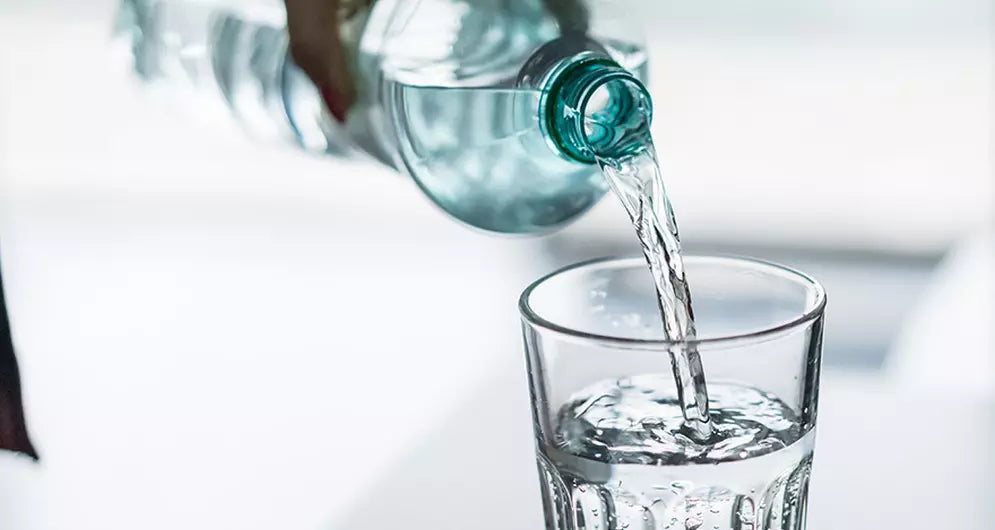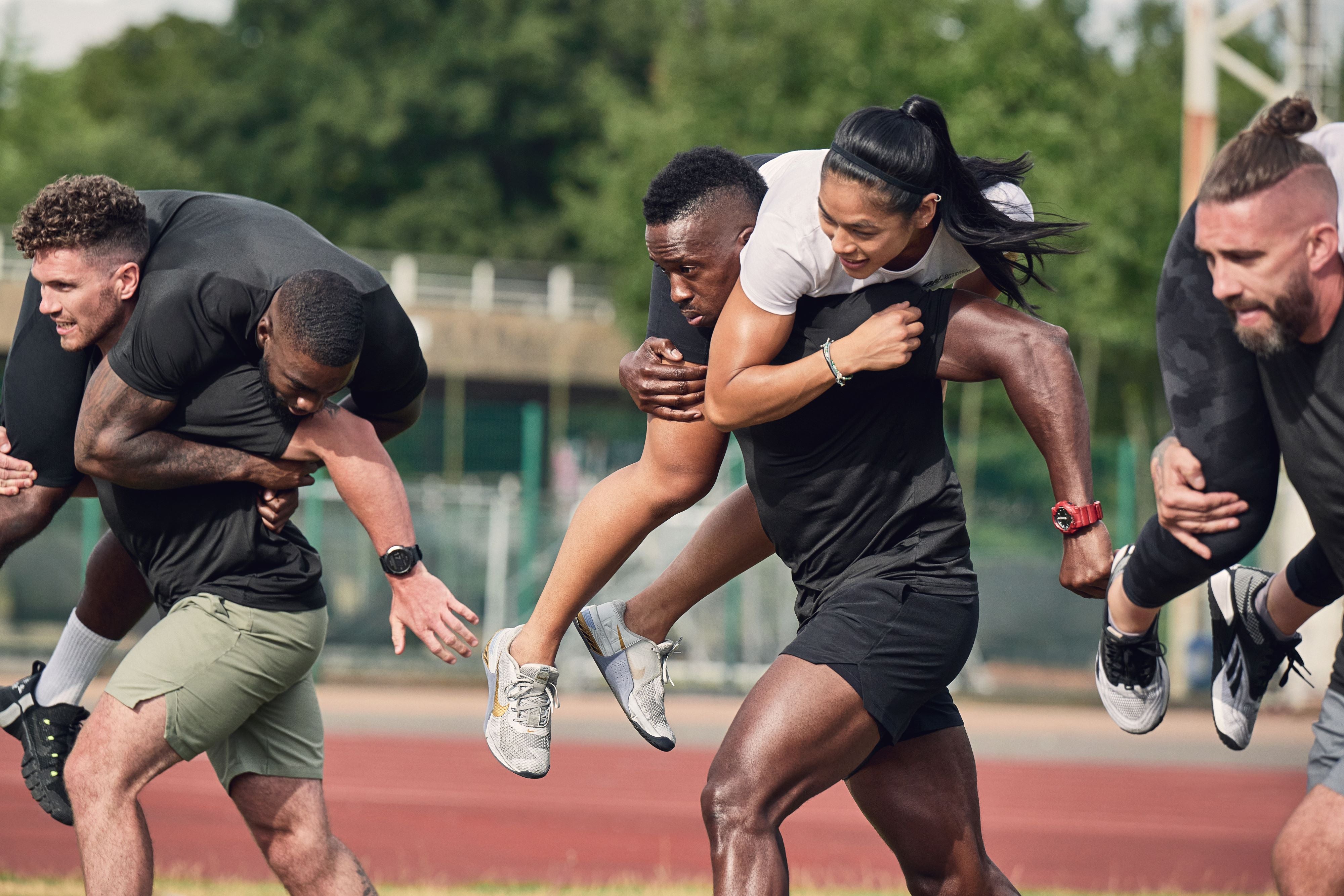Athletes spend a lot of time planning their nutrition to include a certain amount of carbohydrates, fat, and protein in their diets. However, planning water consumption in order to stay hydrated, especially around workouts, is just as important! If you think that you only need to drink water when you’re thirsty, then think again! Our body is made up of 50-60% water, making it the most abundant substance in our body. Virtually every function or process that takes place in our body requires water.
Our body uses various fuels (carbohydrates, protein and fat) to provide energy for fuel working muscles. The breakdown of these fuel sources results in muscular contractions that produce heat. In turn, increasing the core temperature of the body. In order to prevent excessive heat buildup, the body responds by increasing skin blood flow and sweating. The primary mechanism for dissipating heat during exercise occurs primarily via sweat evaporation, which results in a loss of body water and electrolytes.
If you’re not hydrated properly, your body cannot perform at its highest level. Dehydration may impair overall exercise performance. In fact, as little as a 2% loss of water in your body can result in a significant performance decrease. It’s important to make up for these sweat losses during training through consistent and adequate hydration.
Do I Need a Sports Drink?
In cases of intense and prolonged physical activity your sweat rate may increase, which may increase loss of electrolytes. You may need to rehydrate with electrolytes to help restore electrolyte balance. Consider a sports drink if you are exercising for more than 60-90 minutes or if sweat loss if excessive. Sports drinks are specially formulated to have a certain amount of carbohydrates plus electrolytes. During exercise, a sports drink supports performance by providing carbs to help fuel prolonged exercise. Electrolytes commonly found in sports drinks are sodium and potassium. After exercise, the carbs in sports drinks may help to replenish glycogen stores and the electrolytes may help support hydration.
Tips to Stay Hydrated
Hydration recommendations are highly individualized and also depend on time and intensity of activity, temperature, and training status. Here are some general guidelines for hydrating before, during, and after activity:
Before: Be sure to properly hydrate before exercise
During: Intense exercise lasting more than an hour requires more fluid intake and possibly a sports drink if sweating excessively
During exercise, athletes should start drinking early and at regular intervals in an attempt to consume fluids at a rate sufficient to replace all the water lost through sweating or consume the maximal amount that is tolerated
After: Replace water lost via sweat
Estimate sweat loss by weighing yourself before and after exercise. Aim to drink 1.5L water for each kilogram lost.
The rate at which you sweat depends on many factors including exercise intensity, duration of activity, environmental conditions, cooling ability and individual characteristics such as body weight, heat acclimatization and more. Failure to compensate for fluid loss during exercise can result in dehydration. Signs of dehydration can include thirst, flushed skin, increased perception of effort, feeling dizzy or disoriented, and/or a decreased sweat rate. Be proactive and hydrate!






